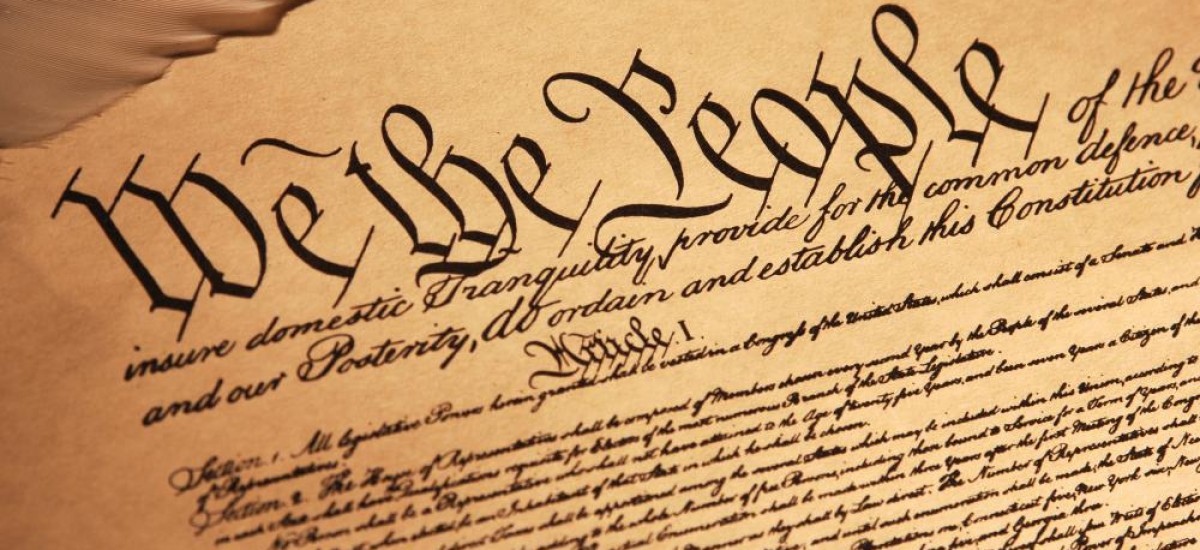The sovereignty of all humans
The essence of Jesus’ teaching on the law is the sovereignty of all humans. When confronted with the oppressive nature of the then Jewish (Sabbath) law, He declares that the purpose of the law is not to suppress humans but serve them. In practice this teaching upholds the supremacy of humans and human wellbeing above all else and serves as the non-negotiable ingredient that shapes and undergirds all constitutions. Correspondingly the degree of human sovereignty within constitutions provides the standard by which these primary laws are to be measured.
An often overlooked aspect of Jesus’ teaching is that it embraces all humanity, equally. Laws that selectively enhance or favour, suppress or hinder particular religious, ethnic, economic or political interests, consequently make bad constitutions.
Public opinion and core values
One of the dilemmas of consultative constitutional making in an aggressively competitive society such as ours is the possible upsurge of majority interests that could easily marginalise the interests of others.
One way of addressing this dilemma is for the principle of equal human sovereignty to be declared a non- negotiable at the outset. This would prevent a regression of content and also guide public opinion towards the ideals and content of inclusive constitutions. The wealth of impartial constitutional expertise within the country as well as rich global experiences, are more than adequate for this task.
The dangers of politicisation
In the highest national declaration that must protect and further our common human sovereignty, reflect our shared aspirations and integrate our diverse communities, the time span limitations of a given parliament, here today and gone tomorrow, should not be allowed to usurp the task of constitution framing. However complex this may seem, mechanisms that prevent politicians from having the last word are imperative. Politicians who rise to facilitate this process will be remembered in history as statespersons who paved the way to a people centred constitution.
A peoples’ constitution
Constitutions that uphold human sovereignty are to be written in a language that makes sense to the people. If not, our highest common declaration of who we are and who we aspire to become, will fall short of the sustained inspiration that constitutions ought to stimulate. Much more, it is when we are able to craft a constitution that for instance an intelligent AL student will be able to understand and value, that a few will never again be able to do what they did in the form of the 18th amendment. A peoples’ appreciation of the constitution is the surest way of kindling a collective democratic energy that will protect it from those who attempt to tamper with it for selfish gain.
Socio-economic justice
Since extreme disparities in opportunities, wealth and privilege are an affront to the equal sovereignty of all humans, people centred constitutions cannot simply bypass the need to ensure socio-economic justice. Unawares to most, this is exactly what the Jewish law of the Jubilee sought to achieve. Given the human tendency to exploit others and the environment and amass excessive wealth, this fifty year periodic review required the Jewish nation to review and return to; social justice (the emancipation of all slaves), economic justice (the cancellation of all debts) and eco justice (the land to be left fallow to recuperate for a year). Jesus’ radical interpretation, that the purpose of the jubilee law is to ensure right relationships every day, challenges constitutions to curtail the excessive accumulation of wealth and eradicate the wealth gap.
A higher law
Ironically, Jesus does not offer an optional legal system in place of the restrictive Sabbath law. Neither does he explicitly reject the need for a better law. He instead appears cautious about placing trust only or mainly in legal systems and elaborates on a higher ethic of human community within which constitutions flourish and without which constitutions, however near perfect, are likely to become contentious and flounder.
Accordingly, humans are to reconstruct their lives around the universal ethic of selflessness (love) stimulated by the universal realities of higher truth (Dhamma/Gospel) higher presence (God/Ultimate reality) and higher ideals (conscience). This ethic further highlights the potential of these creative forces to inspire, define and foster social order, trust and harmony when the wellbeing of the ‘human other’ is sustained at the centre of human affairs. In fact it is this higher law that defines the limits of individualistic interpretations of the sovereignty of humans. So, when the sovereignty of one or some threatens the well-being and security of others, the latter is to prevail.
It is the vision of human community driven by this higher law that protects the sovereignty of humans from the machinations of politicised constitutions. It is similarly the spirit behind our global conventions and inclusive constitutions, the inspiration behind human intervention for a just world, the restlessness behind democratic protest and regime change and the inner awakening that demonstrates repentance and forgiveness leading to reconciliation.
Freedom to remain free
Human societies function best when we are least legalistic and are most humiliated when laws and constitutions expand to embrace every available space in our lives; ranging from how we are to engage in sport, to where we may or may not worship and whether and how we should remember our dead. We are to consequently strive after a constitution of fundamentals that set us free to care for each other as we should, organise ourselves as we wish, pursue our varied human interests as we must and contest those whose obsession it is to control and restrict the lives of those they are mandated to enhance and liberate.
With Peace and Blessings to all!

